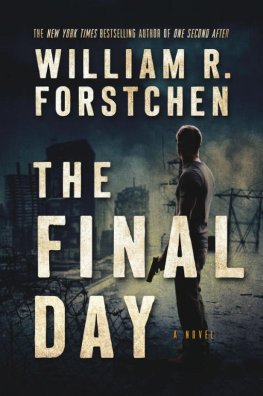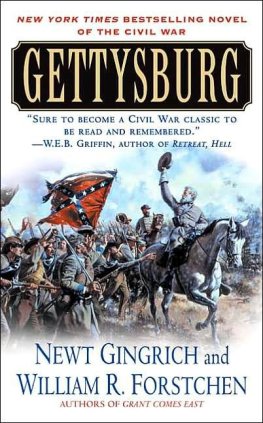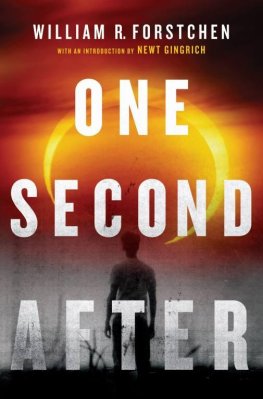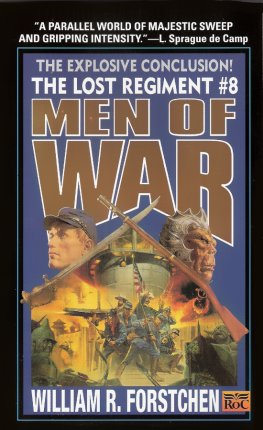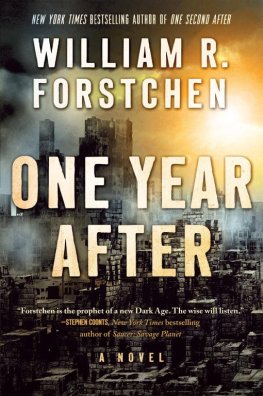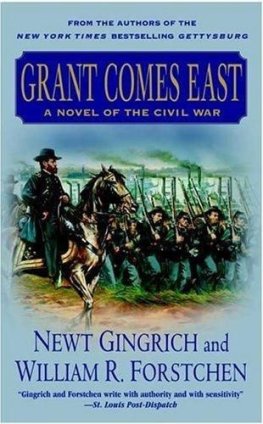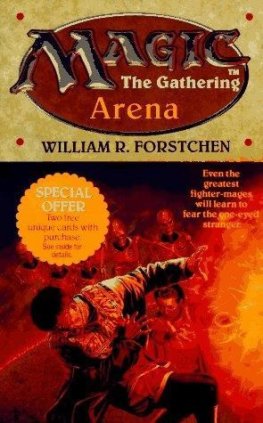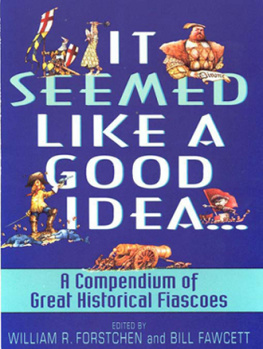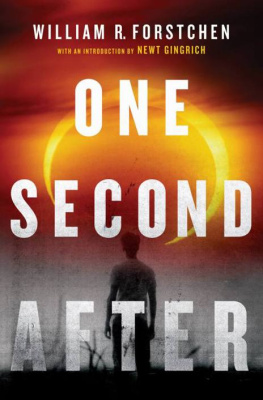William Forstchen - Down to the Sea
Here you can read online William Forstchen - Down to the Sea full text of the book (entire story) in english for free. Download pdf and epub, get meaning, cover and reviews about this ebook. year: 2014, genre: Science fiction. Description of the work, (preface) as well as reviews are available. Best literature library LitArk.com created for fans of good reading and offers a wide selection of genres:
Romance novel
Science fiction
Adventure
Detective
Science
History
Home and family
Prose
Art
Politics
Computer
Non-fiction
Religion
Business
Children
Humor
Choose a favorite category and find really read worthwhile books. Enjoy immersion in the world of imagination, feel the emotions of the characters or learn something new for yourself, make an fascinating discovery.

- Book:Down to the Sea
- Author:
- Genre:
- Year:2014
- Rating:3 / 5
- Favourites:Add to favourites
- Your mark:
- 60
- 1
- 2
- 3
- 4
- 5
Down to the Sea: summary, description and annotation
We offer to read an annotation, description, summary or preface (depends on what the author of the book "Down to the Sea" wrote himself). If you haven't found the necessary information about the book — write in the comments, we will try to find it.
Down to the Sea — read online for free the complete book (whole text) full work
Below is the text of the book, divided by pages. System saving the place of the last page read, allows you to conveniently read the book "Down to the Sea" online for free, without having to search again every time where you left off. Put a bookmark, and you can go to the page where you finished reading at any time.
Font size:
Interval:
Bookmark:
William R. Forstchen
Down to the Sea
PROLOGUE
As I look upon you today, I see not just the promise of the future, but also the spirits of all those who gave the last full measure of devotion so that we could be here to celebrate this day.
President of the Republic, Andrew Lawrence Keane, paused for a moment. His gaze swept the audience, the ranks of the new cadets graduating from the academies, their families, and the thousands who had gathered to celebrate with them.
In the crowds, he could see the few who had survived, old comrades of so many hard-fought battles. Some nodded in recognition, others stiffened to attention, several of them saluting as their old commander looked their way.
God, have we really grown old? he wondered. Wasnt it just yesterday that we came to this world? Wasnt it just yesterday that on these very plains beyond the city of Suzdal we drilled our new army, preparing for our first battle?
His comrades of youth had slipped away, and it was hard to accept that he was drifting with them as well. Already they were the stories of yesterday, memories fading, turning to gray and then to hazy white.
He caught a glimpse of old Pat ODonald, barrel chest long ago slipping to his belt line, retired from the army, now a popular senator. He was sitting with the other dignitaries: William Webster, yet again secretary of the treasury; Chief Justice of the Supreme Court Casmir; Gates, publisher of a chain of papers; Varinnia Ferguson, president of the technical college-all of them growing old. Others were gone forever, crossing over the river to join comrades who had made that final journey long years before. Kal was gone, as was Emil, who had seemed like he would live forever, but had drifted into the final sleep only the winter before.
Yet, at this moment, he could see them as it was so long ago, the men of his army, Mina, Ferguson, Malady, Showalter, Whatley, and Kindred. And behind them the hundreds of thousands who had died to create the Republic, to give them the blessed days of peace that had lasted for twenty years.
He was suddenly aware that he had not continued with his speech, but his audience was patient. They knew what he was feeling at this moment, and he saw more than one lower his head, wiping tears from his eyes.
The boys graduating from the naval and army academies-and they did still seem like boys-waited patiently, looking up at him, and he smiled.
I have but two things to say to you today. He paused, a rhetorical flourish this time, as he stepped out from behind the podium and indicated the flag of the Republic with his one arm.
Love freedom. Love it more than anything else on this world. There is but one of two conditions in this life: you are either free, or you are a slave. We, your parents, fought a war unlike any other. It was not to conquer. It was not for power. It had but one purpose, and that was to set us free, to set free you, our children who were yet unborn.
So love that freedom as you would your mothers, your fathers, and the families you shall one day have. Do that, and this Republic will endure.
The second thing is about the concept of the Republic and the relationship between government and free citizens, who must remain eternally vigilant, and will take at least an hour to explain.
He could see more than one cadet shift uncomfortably, struggling to remain polite, as the day was hot and their dress uniforms made it even worse. He smiled.
But your families await you for a final farewell before you leave for your postings, and, frankly, during all my years Ive heard too many long-winded speeches and given more than one myself. So, Im letting you off. Lets close this ceremony and have some fun.
Polite chuckles erupted, and a few of the old veterans shouted for him to go ahead and talk as long as he wanted. He held up his hand and waved them off, then stepped away from the podium. A cheer erupted from the graduating cadets, and a thunderous ovation rose from the entire audience. The band sitting on a raised platform behind him stood up and started to play the national anthem, The Battle Hymn of the Republic. Within seconds the thousands gathered joined in.
Andrew looked over at Kathleen and took her hand in his and squeezed it. The words, no matter how many times they were sung, always cut into his soul.
I have seen Him in the watchfires of a hundred circling camps
Watchfiresthe Tugar watchfires; encamped on this very spot outside the city, he thought, remembering the bitter cold of that winter and the siege.
In rows of burnished steel
The charge at Hispania, sweeping down from the heights, bayonets fixed, the final, desperate lunge that swept us to victory.
He lowered his head. The final stanza always moved him to tears.
As He died to make men holy, let us die to make men free
The last refrain echoed, and though the official language of the Republic was now English, many sang the words in their native tongues: Rus, Latin, Chinese, Japanese, Greek, Welsh, Gaelic, old Norse, and a dozen other languages spoken in the fifteen states of the Republic.
As tradition demanded, when the last words drifted away, the cadets broke into a cheer, hats flying into the air; the black campaign hats of the infantry, the white caps of the navy, and the sky blue of the aerosteamer corps.
He looked over at Kathleen. Unashamed tears flowed from both of them, for this was not just another ceremony of state for them. She leaned against his shoulder.
The house will be empty tonight, she whispered.
It has been ever since he went off to the academy.
Not really, Andrew. He was home on vacations, weekend passes. We knew where he was. Her voice trailed off. We have to let go sometime.
She said nothing, and he pulled her closer.
Madison, their oldest daughter, was married now, living in Roum, where her husband was stationed with the railroad engineering corps. The others-he tried not to think too much about them. The twins had died seven years ago in the typhoid fever epidemic, and young Hans had been taken the following spring by consumption.
Abraham was the last of their children, born the autumn after the end of the war, and he had grown up far too quickly. Andrew saw him coming through the crowd, which was swarming up around the speakers platform. His arm was thrown around his closest friend, Sean ODonald, wearing the sky blue uniform of a newly commissioned pilot.
Andrew quickly wiped away his tears, and Kathleen, forcing a smile, went up to embrace him. The boys stopped, both of them grinning, and snapped off their salutes to the president. Andrew, putting on his stovepipe hat, returned the salute. The hat, in fact the entire ceremonial outfit of the presidency on this world, made him feel more than a bit self-conscious. Old Kal was the first to adopt the stovepipe hat, black morning coat, and chin whiskers of the legendary Lincoln, and forever impressed in the mind of the populace that this was what a president was supposed to wear. In his first term as president, Andrew had reluctantly adopted it.
As the Constitution demanded, a president could serve only one six-year term, and for twelve years he had been out of office, though he had accepted a seat on the Supreme Court and, at the same time, had returned to his first profession, that of a college professor.
The Chin crisis, however, had forced his return to the political arena. The Chin had created something he had always hoped to avoid, a political party based on power for one ethnic group, a disastrous development for a nation he had dreamed could somehow merge itself together into a single entity that ignored national origin and race.
In writing the Constitution he had (and would admit to no one that it was deliberate) left out any restriction against nonconsecutive terms and thus ran for president again. The Chin had mounted an opposition, but all the other states rallied to Keane and it had been a landside. In the first hundred days of office he rammed through dozens of hills and several constitutional amendments, the key ones being that English would forever be the official language of the state. The argument was simple: of all the fighting units the men of the 35th Maine and the 44th New York, who represented no particular group, had fought to free all people. English was the compromise that favored no one state of the Republic over the others.
Font size:
Interval:
Bookmark:
Similar books «Down to the Sea»
Look at similar books to Down to the Sea. We have selected literature similar in name and meaning in the hope of providing readers with more options to find new, interesting, not yet read works.
Discussion, reviews of the book Down to the Sea and just readers' own opinions. Leave your comments, write what you think about the work, its meaning or the main characters. Specify what exactly you liked and what you didn't like, and why you think so.

